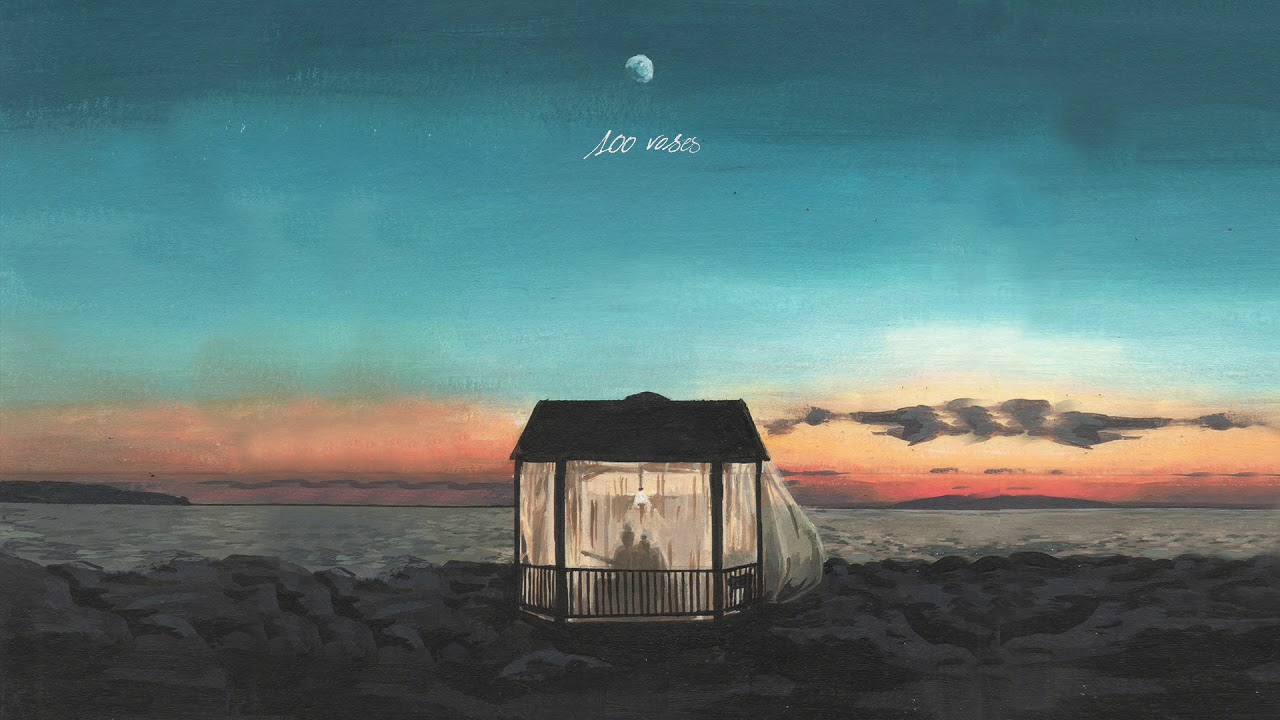Humility Matters: Addressing the Arrogance of Journalists in Today’s Media Landscape
In a world where communication technology has created segmented communities, it’s essential to acknowledge the arrogance that can permeate certain professional spheres, including journalism. While everyone seeks recognition and success, there’s no need to adopt an arrogant attitude. In this article, I’ll share a personal experience that sheds light on the behavior of some journalists and discuss the importance of humility in the media industry.
Ah shit, here we go again!
The Arrogance of Journalists: A Candid Reflection
In a previous article, I dared to express my perspective on journalists, highlighting the unfortunate presence of certain unpleasant traits among them. The response to my piece was divided, with some readers agreeing and others taken aback by my audacity. As the majority of reactions seemed to lean towards surprise, I began to question myself. Was I exaggerating? Had my sensitivity clouded my judgment? Could I justly generalize the behavior of a few individuals to an entire professional group?
Recent events have only strengthened my belief that journalists, as a collective, often exhibit an arrogant disposition. However, before delving into specifics, let’s provide some context. As both a freelance journalist and editor, I also work in public relations, which I affectionately refer to as my “big girl job.” This dual role has granted me invaluable insights into fashion journalism and lifestyle PR, offering a comprehensive understanding of the industry from multiple perspectives.
Like any occupation, there are downsides to my professional life. One such downside emerged during a major project for a significant client, where the press played a pivotal role. Given the challenging circumstances posed by the pandemic, one might assume that journalists would eagerly seize the opportunity to attend such a grand event. However, reality proved otherwise.
While many journalists accepted their invitations and secured a place on the guest list, they seemed unenthusiastic about reciprocating with meaningful coverage of the event. It’s worth clarifying that journalists are not obligated to provide coverage in exchange for invitations. Nevertheless, a sense of reciprocity is appreciated, as the industry thrives on the principle of give and take.
During the expansion of our guest list, I reached out to an old friend who writes for a prominent and trendy music and audio magazine. Given his background, he seemed like the perfect match for our project. Unfortunately, my emails received no response, a familiar disappointment. Driven by ambition, I decided to make a more casual and friendly approach through WhatsApp.
Crafting a message filled with the customary pleasantries, such as “hope you’re well” and “let’s catch up over coffee,” I expressed my genuine excitement about reconnecting. Despite our limited recent interactions, primarily consisting of standard writerly tête-à-têtes, I always held great admiration for his work, just as he claimed to appreciate mine.

To my surprise, his response was prompt and laced with seemingly genuine friendliness. He expressed enthusiasm for our upcoming phone call and curiosity about my current endeavors. Delighted by his receptiveness, I quickly replied, conveying my eagerness for the conversation. Thirty minutes later, my phone rang.
For seven delightful minutes, we exchanged expressions of happiness, reveling in the joy of reconnecting and sharing our curiosity about each other’s lives. Although his mischievous tone hinted at his awareness of my professional achievements, my seasoned journalistic experience allowed me to see beyond such flattery.
Seizing the opportunity, I transitioned the conversation to the main purpose of my call. I briefly outlined the event’s concept, followed by the suggestion that he or a colleague might consider attending. This approach, known as the “PR sandwich,” entails sharing essential information, offering flattering statements, and concluding with a gentle request for press coverage. While this technique has often yielded positive results, it proved ineffective this time.
Upon hearing my concise monologue, I detected a faint laughter on the other end of the line. Indignation began to replace my professionalism. Gritting my teeth, I managed to inquire, with forced kindness, about his thoughts on my proposal. He cleared his throat, and it became apparent that my question hadn’t conveyed the intended friendliness. A mixture of amusement and astonishment colored his voice as he expressed his perplexity regarding my venture into PR. “After all,” he added, “you always aspired to be in fashion.”
What followed was a monologue that seemed to last an eternity. He expressed his fondness for such events but hesitated to promise coverage. Uncertain of his availability, he questioned the necessity of a PR consultant, suggesting that direct brand invitations held more allure than agency-driven engagements.
Instances like these highlight a prevalent issue within journalism and the broader media landscape—arrogance. While I, too, occasionally succumb to feelings of superiority, I recognize the general aversion towards individuals who exude smugness, be they friends, relatives, or co-workers. Regrettably, such behavior is not unique to the field of journalism.
As communication technology expands, our cultural spaces become increasingly fragmented. Specialized magazines, newsletters, and websites cater to specific social, ethnic, religious, and professional groups, fostering echo chambers that reaffirm our beliefs and values. It’s all too easy to slip into solipsism, limiting contact with individuals who differ from us. Within these enclosed spheres, a sense of importance flourishes. However, while this segmentation presents opportunities for success, particularly for those seeking recognition rather than monetary gain, it’s crucial to avoid adopting an arrogant demeanor.
After all, the media landscape thrives on diversity, and humility is a virtue that can bridge the gaps created by our fragmented society. While journalists possess extensive knowledge and beliefs, it’s essential to remember that arrogance alienates rather than enlightens. By embracing humility and fostering open-mindedness, we can create a more inclusive and respectful media environment.
But you don’t have to be an asshole about it.



























